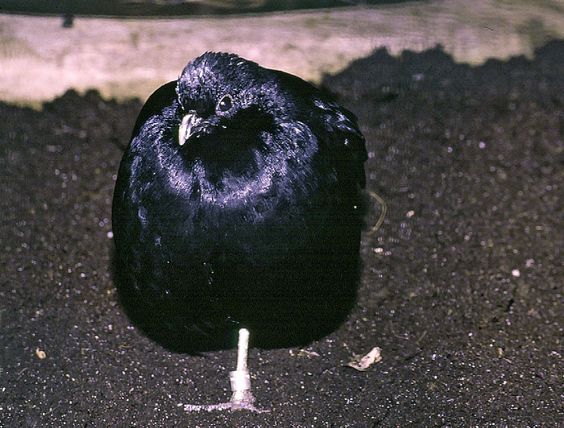Why Does A Goose Not Fly
Geese are known for their long migratory flights and their ability to fly long distances without stopping. However, it is a common misconception that geese do not fly at all. In fact, geese are capable of flying and often do so, but there are a few reasons why they may choose not to.
First, it is important to note that not all geese are the same. There are over 20 different species of geese, and each species has its own unique characteristics and habits. Some species, like the Bar-headed goose, are known for their ability to fly at very high altitudes, while others, like the African goose, are known for their lack of flying ability.
One of the main reasons why geese may choose not to fly is because they simply do not need to. Geese are able to find food and shelter on the ground, and they are also able to migrate to new areas by walking or swimming. This is particularly true for geese that live in areas with mild climates and abundant food sources.
Another reason why geese may not fly is because of their body structure. Geese have heavy bodies and relatively short wings, which makes flying more difficult for them than for other birds. Additionally, geese are not as aerodynamic as other birds, which means that they require more energy to fly.
However, when geese do choose to fly, they are able to do so for long periods of time and at high speeds. Geese are known for their ability to fly in a V-formation, which helps to conserve energy and reduce wind resistance. This formation also allows geese to communicate with each other and navigate more easily.
While it is true that geese may not fly as often as other birds, this does not mean that they are unable to fly. Geese are able to fly and often do so, but they may choose not to because they are able to find food and shelter on the ground, or because flying requires more energy than walking or swimming.
Additionally, geese may also choose not to fly due to weather conditions. Harsh winds, rain, and snow can make flying more difficult and dangerous for geese, so they may choose to stay on the ground until the weather improves. Geese may also choose not to fly during molting season, which occurs when they shed and replace their old feathers with new ones. During this time, geese may be unable to fly due to their feathers being in a state of flux.
It is also worth noting that human interference can also impact a goose's ability to fly. Habitat loss, pollution, and hunting can all negatively affect geese populations, which in turn can impact their ability to fly and migrate.
Overall, while geese may not fly as often as other birds, they are still capable of flying and do so when necessary. Their unique body structure and habits make them well-suited for a variety of different environments and lifestyles, and their ability to communicate and work together in flight is truly remarkable.






